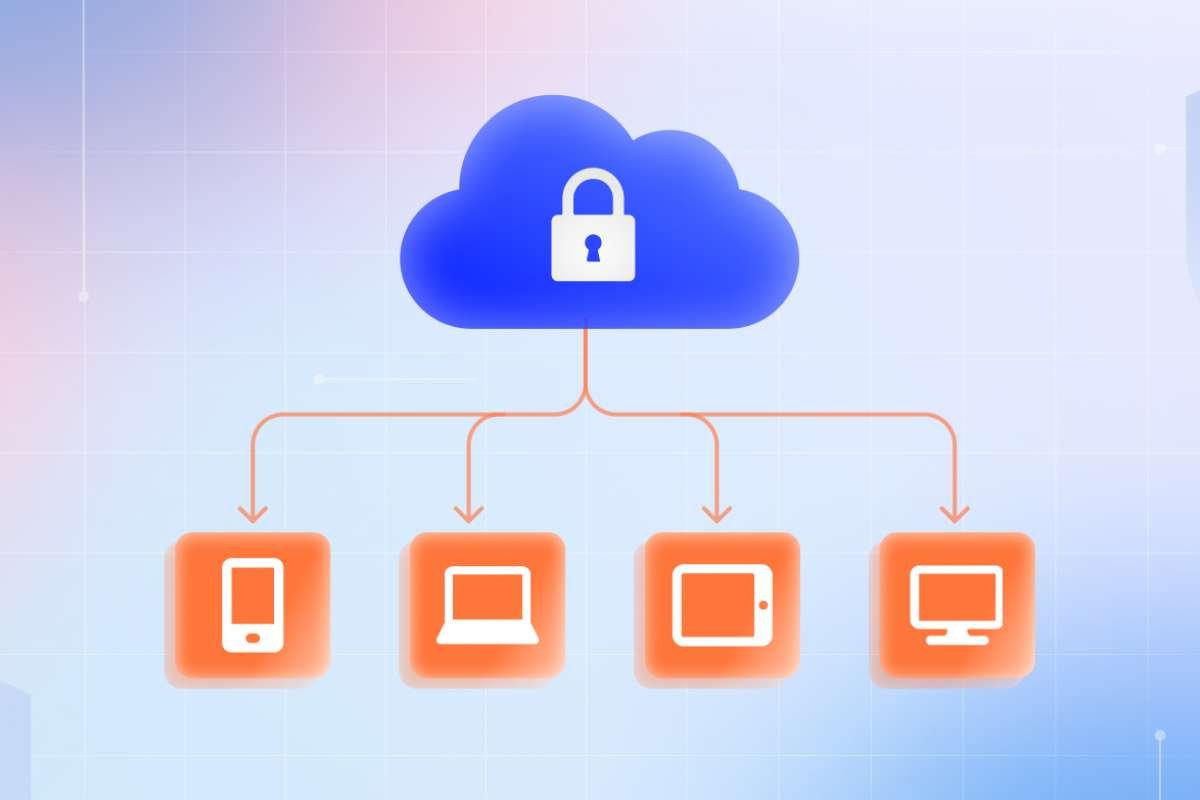Mobile applications have become integral to everyday life, transforming how businesses operate and how individuals engage with technology. Behind every successful mobile app is a skilled team of developers who bring ideas to life. This article explores the role of mobile app developers, their skills and responsibilities, key considerations for hiring developers, and trends shaping the mobile app development industry.
Role of Mobile App Developers
Mobile app developers are professionals responsible for creating software applications designed to run on mobile devices such as smartphones and tablets. They collaborate with designers, product managers, and other stakeholders to develop user-friendly, functional, and innovative mobile apps that meet specific business or consumer needs.
Skills and Responsibilities
1. Programming Languages:
Proficiency in programming languages such as Swift (for iOS) and Java or Kotlin (for Android) is essential. Knowledge of cross-platform frameworks like React Native or Flutter is also valuable.
2. UI/UX Design

Understanding of user interface (UI) and user experience (UX) design principles to create intuitive and visually appealing app interfaces.
3. API Integration
Ability to integrate third-party APIs and services for functionalities such as social media log in, payment gateways, and location-based services.
4. Testing and Debugging
Thorough testing of apps to identify and fix bugs, ensuring optimal performance and user experience across different devices and operating systems.
5. Continuous Learning
Keeping up-to-date with industry trends, new technologies, and best practices in mobile app development.
Key Considerations for Hiring Mobile App Developers
1. Experience and Portfolio
Evaluate developers based on their experience in building apps similar to your project requirements. Review their portfolio and client testimonials.
2. Technical Proficiency
Assess proficiency in relevant programming languages, frameworks, and tools. Consider certifications or specialized training.
3. Communication Skills

Effective communication is crucial for understanding project requirements, providing updates, and addressing feedback throughout the development process.
4. Problem-Solving Abilities
Developers should demonstrate strong problem-solving skills to address challenges during app development and implementation.
5. Team Collaboration
Ability to work collaboratively with designers, testers, and project managers in an agile development environment.
Trends Shaping Mobile App Development
1. 5G Technology
Faster internet speeds and lower latency enable more sophisticated mobile applications, such as augmented reality (AR) and real-time gaming.
2. Artificial Intelligence (AI)
Integration of AI technologies like machine learning and natural language processing to enhance app functionalities, personalization, and user engagement.
3. Internet of Things (IoT)
Increasing integration of mobile apps with IoT devices, enabling remote control and monitoring of connected devices.
4. Security and Privacy
Heightened focus on app security, data protection, and compliance with regulations such as GDPR (General Data Protection Regulation).
5. User Experience (UX) Design

Emphasis on intuitive UI/UX design to create seamless and engaging user experiences that drive app adoption and retention.
Conclusion
Mobile app developers play a pivotal role in driving innovation and transforming ideas into functional and user-friendly applications. Their skills in programming, UI/UX design, API integration, and problem-solving are essential for delivering high-quality mobile experiences. Businesses looking to develop mobile apps should carefully evaluate developers based on their technical expertise, experience, communication skills, and ability to adapt to emerging trends in the industry. By investing in skilled mobile app developers, organizations can leverage technology to enhance customer engagement, streamline operations, and stay competitive in today’s digital landscape.









